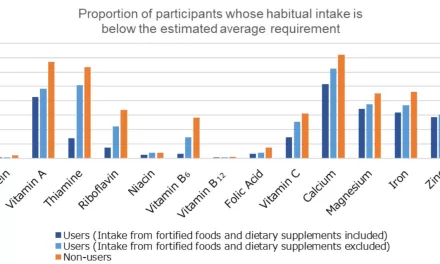Concerns arise as GLP-1 receptor agonists are linked to muscle decline, with potential risks for long-term health.
Amid the soaring popularity of weight loss drugs, a new study published in The Lancet raises a red flag about the potential for significant skeletal muscle loss among users. Researchers from Pennington Biomedical Research Center in the US and the Universities of Alberta and McMaster in Canada have highlighted the impact of GLP-1 receptor agonists—commonly used drugs in weight management—on muscle health. This group of medications, praised for their efficacy in reducing obesity, may inadvertently contribute to a loss in skeletal muscle mass, the team warns.
The study authors emphasized that skeletal muscle, which plays an integral role in maintaining physical strength, function, and metabolic health, declines more significantly with GLP-1 receptor agonists than through non-drug methods like dietary caloric restriction or natural aging. This muscle loss, a measure of decreased fat-free mass, accounted for 25% to 39% of total weight lost over 36 to 72 weeks, according to their findings.
“Skeletal muscle is not just essential for strength but for immune system support and metabolic health,” noted the researchers. Declines in muscle mass are associated with weakened immunity, poor glucose regulation, and a heightened risk for various infections and chronic conditions, underscoring the broader implications for people reliant on these drugs for weight loss.
The commentary highlighted a concern over “sarcopenic obesity,” a condition characterized by both obesity and low muscle mass. Individuals with sarcopenic obesity are at elevated risk for cardiovascular disease and have higher mortality rates. The study cautions that weight loss driven by GLP-1 agonists could exacerbate this condition, particularly in individuals who already face obesity-linked health challenges.
Dr. Steven Heymsfield, a professor of metabolism and body composition at Pennington, stressed the need for users of weight loss medications to be “mindful of the side effects.” He pointed out that people on these drugs often consume fewer calories, which could lead to a deficiency in essential vitamins and minerals if not managed carefully.
The researchers advocate for a more balanced approach to medically induced weight loss. “An adequate amount of protein, combined with an optimal level of physical activity, should be considered to minimize muscle loss,” they suggested, noting that strength training and protein-rich diets could mitigate some negative impacts on muscle health.
As weight loss drugs become a cornerstone in treating obesity, the team urges individuals and healthcare providers to stay vigilant about their broader health impacts, ensuring that both muscle preservation and fat loss remain priorities in any weight management plan.












